10 Red Flags in Fan-Favorite Romantic Films
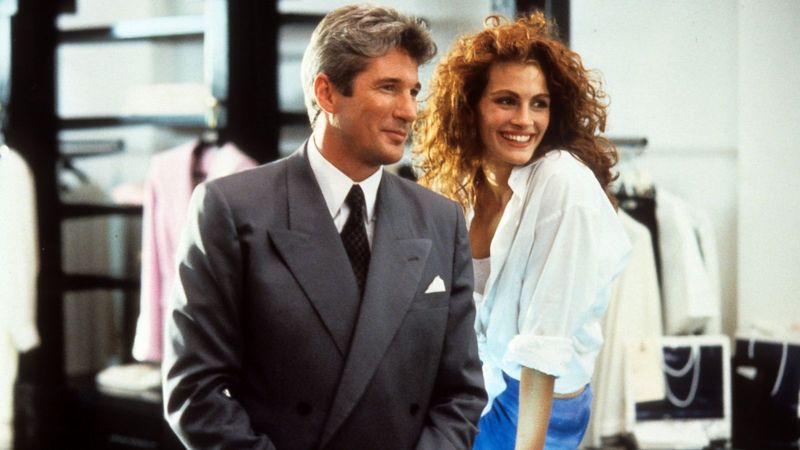
While romantic films often sweep us into dreamy love stories, they can also present concerning dynamics if we look closer. Here are 10 beloved romantic films that, despite their allure, depict red flags in relationships. These offer valuable insights into what to watch out for in real-life romances.
1. The Notebook (2004)
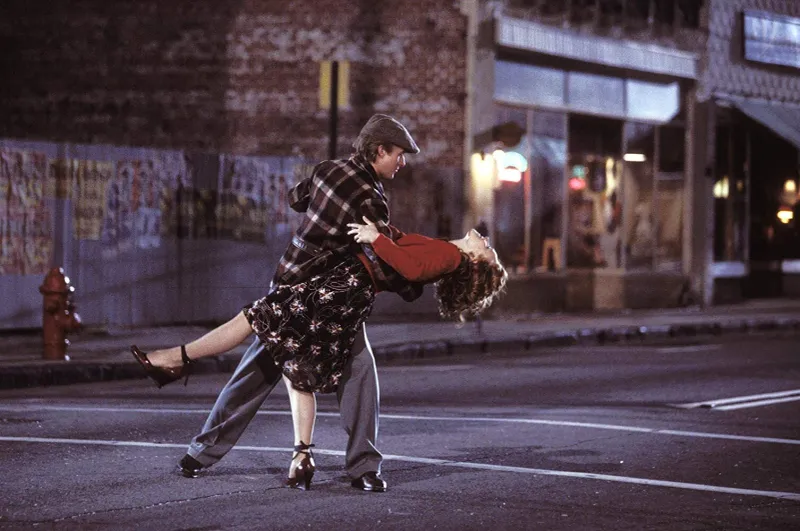
Noah’s relentless pursuit of Allie, even against her wishes, romanticizes obsessive behavior. His insistence to reclaim her love, despite her relationships, raises concerns about respecting boundaries. One could argue that this persistence showcases a heartfelt devotion. However, it can equally be perceived as a lack of consent and an unhealthy romantic idealization.
While audiences are moved by the passion, it’s crucial to question the narrative of love being about constant pursuit. Should love require one to break the boundaries of another’s desires? This portrayal can skew the perception of romantic persistence versus respect. The film was inspired by the grandparents of the author’s wife, showcasing a long-lasting love story.
2. Pretty Woman (1990)
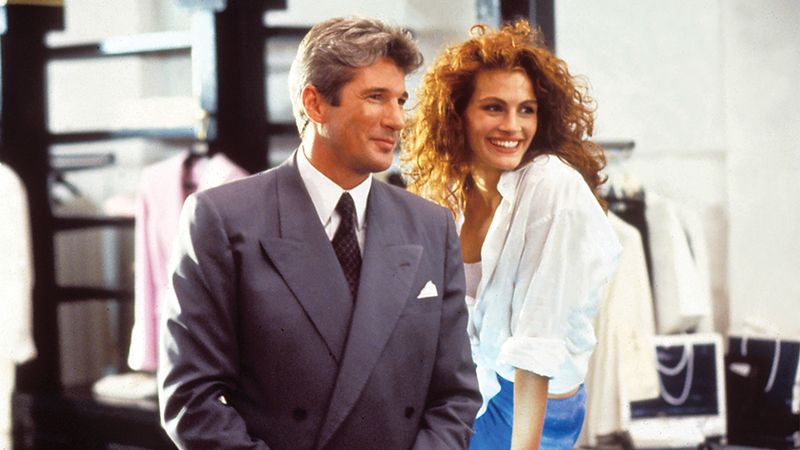
“Pretty Woman” explores a modern Cinderella tale but highlights power imbalances. Edward’s controlling behavior and the transactional nature of their bond, rooted in financial exchange, underline problematic dynamics.
This tale of romance is built on a foundation where money and power dictate relationships. Vivian’s transformation from a street-smart individual to a sophisticated partner, while enchanting, raises questions about autonomy and self-worth. Are relationships truly romantic when one’s value is influenced by wealth?
3. Twilight (2008)
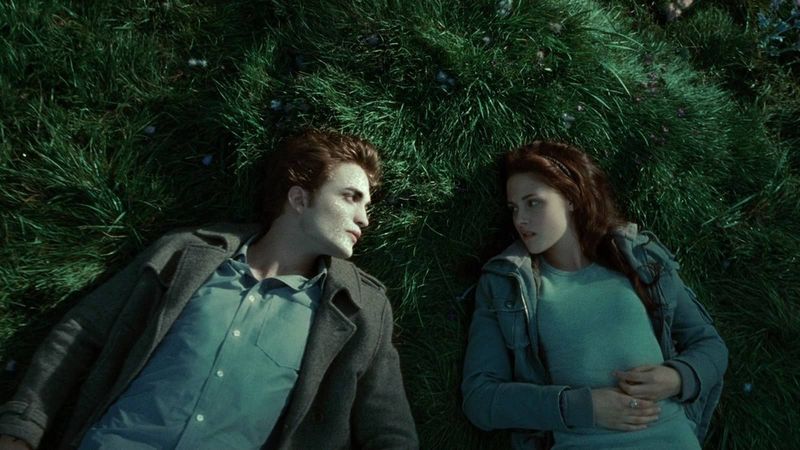
In “Twilight,” Edward and Bella’s relationship is marked by dependency and control. Edward’s overprotectiveness, while initially seen as charming, quickly becomes a symbol of possessiveness. Bella’s reliance on Edward for emotional stability highlights an unhealthy attachment.
This dynamic paints an alluring picture of romance, but it blurs lines between protection and control. Is love meant to confine or liberate?
4. 500 Days of Summer (2009)
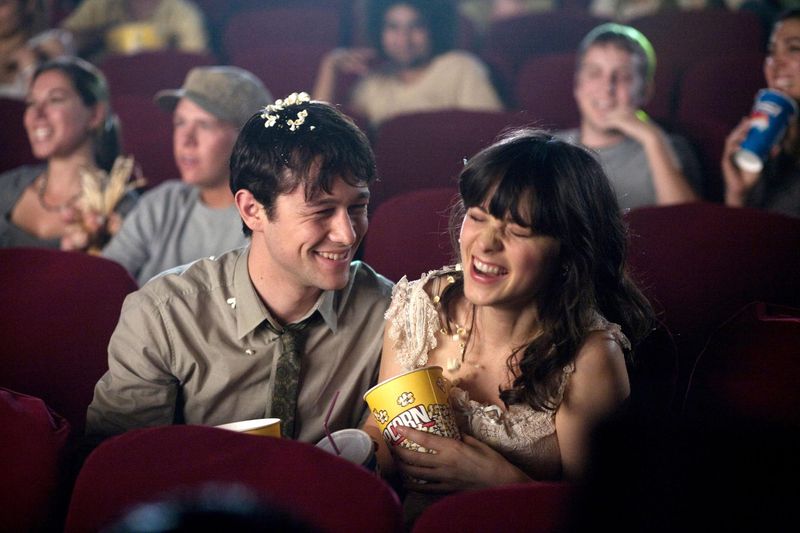
“500 Days of Summer” challenges the idea of ‘happily ever after’ through Tom’s infatuation with Summer. His obsession leads to emotional turmoil, spotlighting the fallacy of creating idols of our partners.
Tom’s idealization of Summer causes him to overlook their incompatibilities, pushing the narrative of love as a perfect fit. Such expectations can hinder personal growth. Should love be built on reality or fantasy?
5. Love Actually (2003)
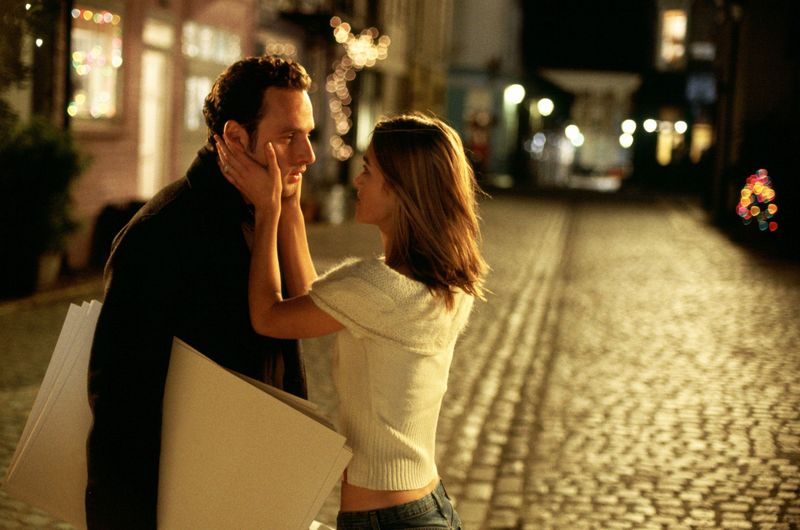
“Love Actually” intertwines multiple romantic plots, but Mark’s pursuit of Juliet stands out. His silent admiration, culminating in a confession with cue cards, borders on emotional betrayal to his best friend.
This subplot romanticizes crossing respectful boundaries, challenging the ethics of interpersonal relationships. When does admiration turn into intrusion?
6. Fifty Shades of Grey (2015)
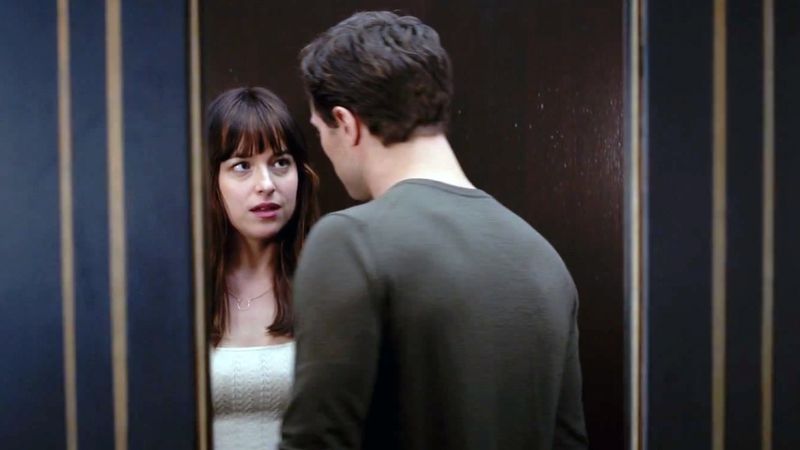
In “Fifty Shades of Grey,” Christian Grey’s charm is overshadowed by manipulation. His relationship with Ana, rooted in control, challenges the notion of consensual romance.
The contract, meant to outline boundaries, ironically becomes a tool of power and coercion. While the story captivates with its intensity, it raises questions about the portrayal of love as control rather than mutual respect. Can romance thrive on such terms?
7. Sleepless in Seattle (1993)
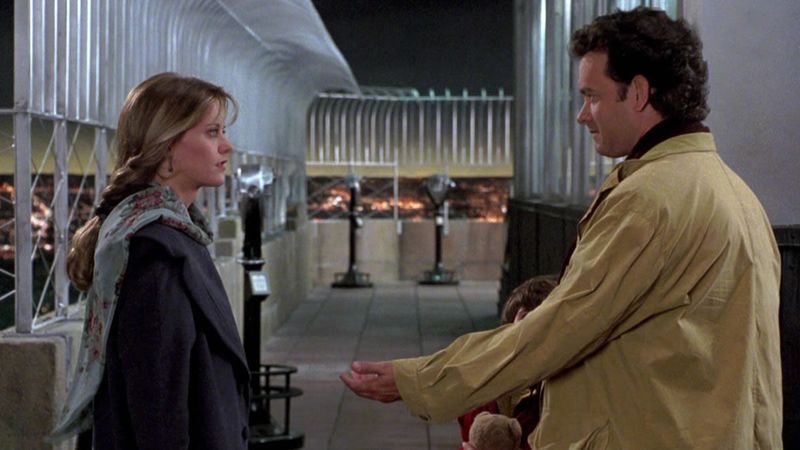
This is a tale of longing and destiny, yet it idealizes unrealistic connections. Sam and Annie’s relationship, built on the idea of soulmates, overlooks practical compatibility. The narrative suggests love should be instantaneous and all-encompassing.
This portrayal can mislead audiences about the essence of genuine relationships. Is love purely magical, or does it require effort and understanding?
8. You’ve Got Mail (1998)
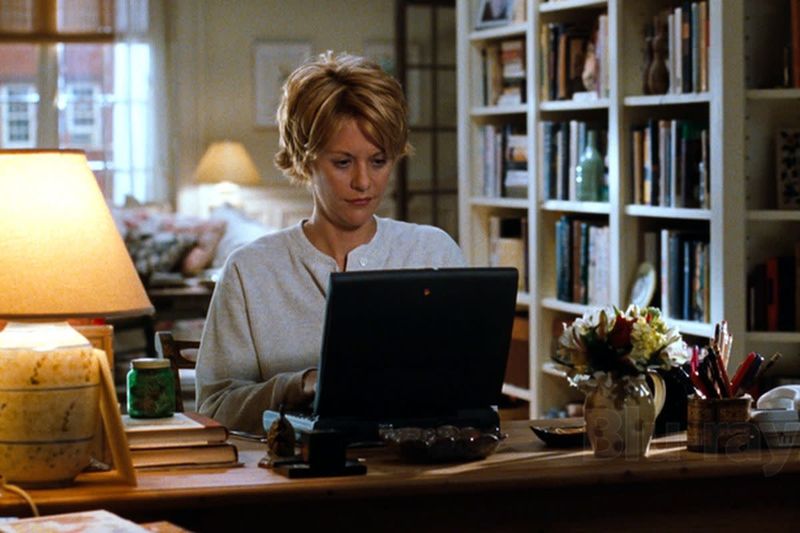
In “You’ve Got Mail,” Joe’s deception in his online relationship with Kathleen reveals trust issues. His hidden identity, coupled with the intent to win her over, blurs lines between charm and manipulation. While their virtual connection is enchanting, it highlights the importance of transparency in relationships.
Can love blossom without honesty? The film’s setting in a quaint bookstore adds nostalgic charm, yet it underscores the conflict between tradition and modernity in relationships. Interestingly, the movie is a remake of “The Shop Around the Corner.”
9. The Phantom of the Opera (2004)
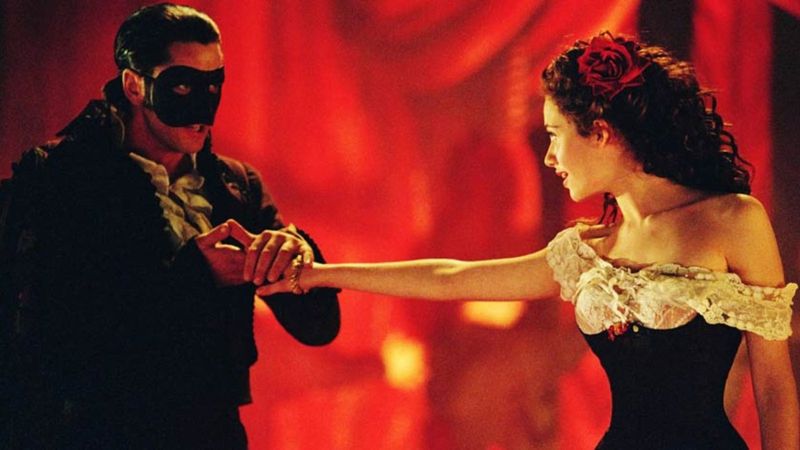
“The Phantom of the Opera” presents a love story overshadowed by obsession.
The Phantom’s desire for Christine is rooted more in control than genuine affection, painting a troubling picture of romantic desire. This narrative romanticizes possession, questioning the line between admiration and obsession. Can love exist without mutual respect?
10. The Kissing Booth (2018)
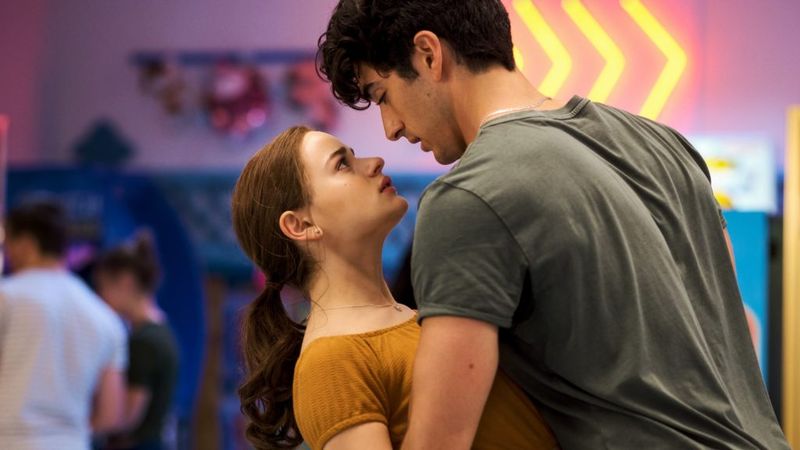
The love triangle introduces complex boundaries. Elle’s relationship with Noah, marked by possessiveness, challenges the notion of healthy romance. His overreactions to her friendships raise red flags of control.
While the teenage love story is engaging, it prompts reflection on mutual respect and independence in relationships. Can passion justify possessiveness? The film, set against a vibrant carnival backdrop, adds to its youthful energy, yet it serves as a reminder of the challenges in navigating young love.

Comments
Loading…